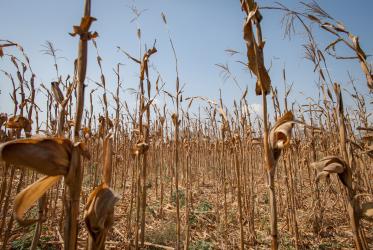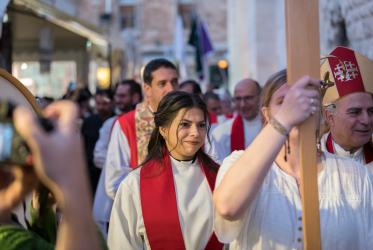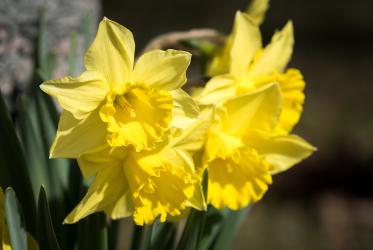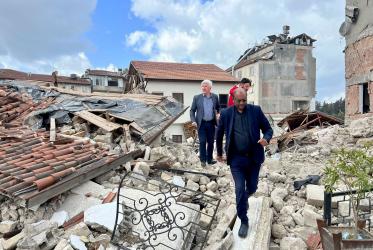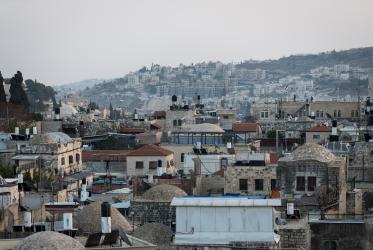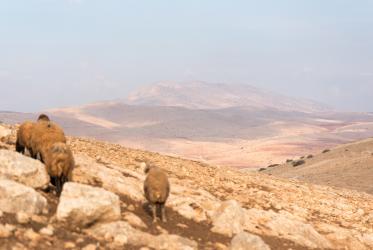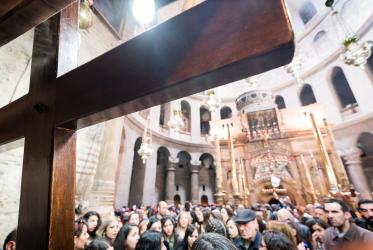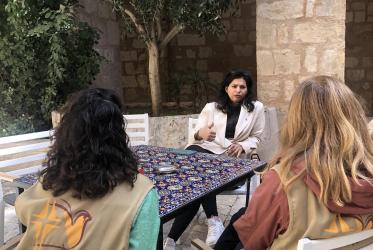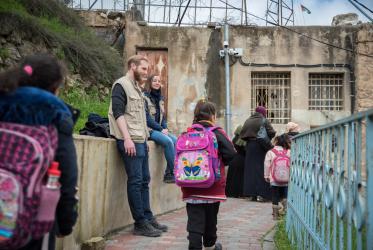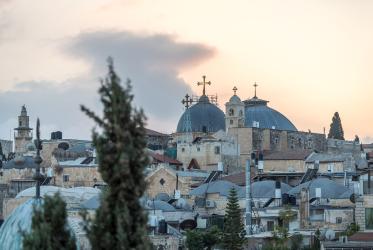Displaying 101 - 120 of 1174
12 May 2023
Hybrid: Online and Ecumenical Center
“All groups should be allowed to come and worship”
14 April 2023
"I could hardly believe I was in Jerusalem"
11 April 2023
Hope for Palestine
11 April 2023
"Holy Week in the Holy Land: an intersection in time"
06 April 2023
